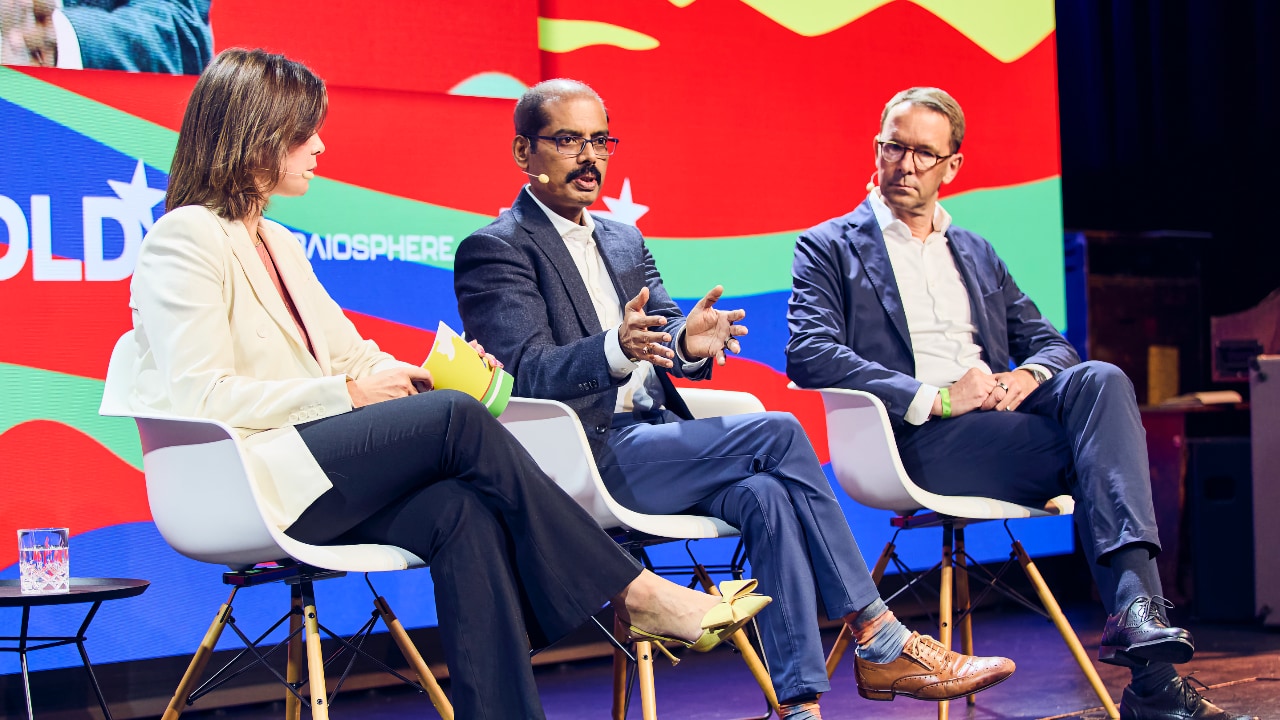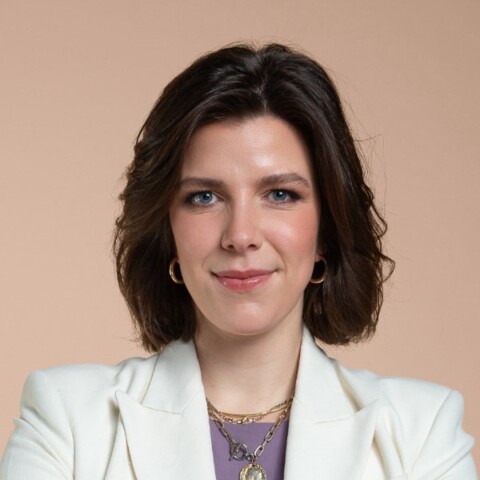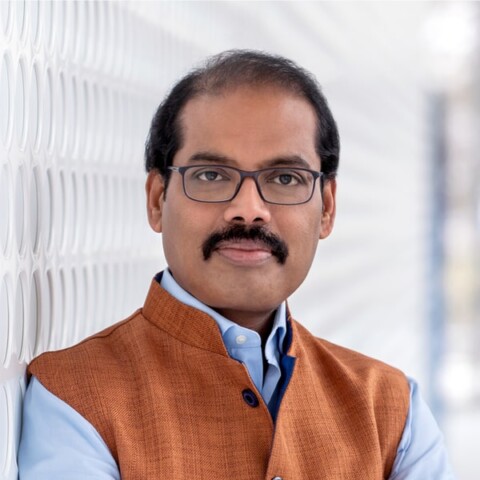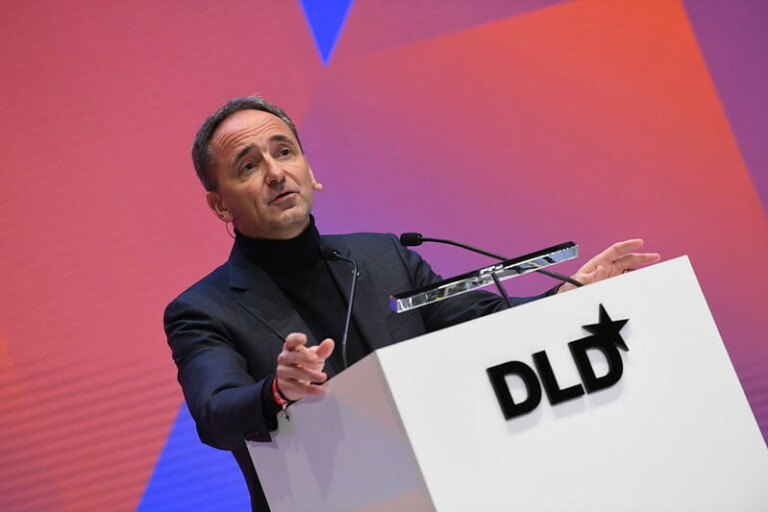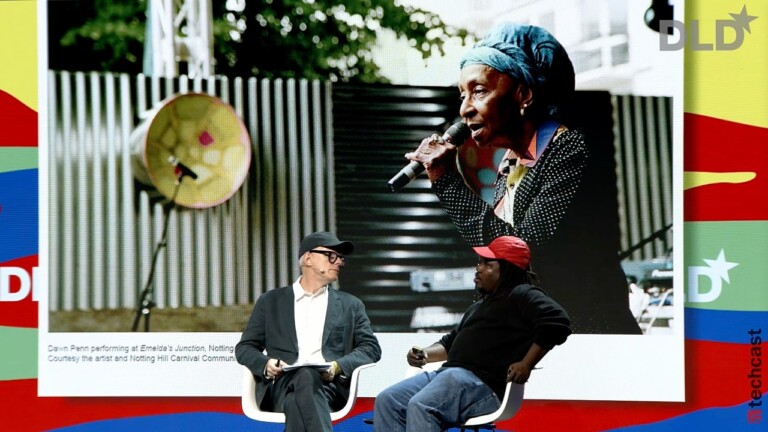European businesses face an existential challenge: how to maintain a competitive advantage in a rapidly changing global landscape where speed, energy costs, and regulatory burden threaten to undermine their traditional strengths. In their DLD Future Hub conversation with Rixa Fürsen (Politico), Christian Hartel, CEO of Wacker Chemie, and Mallik Rao, CTO of Telefónica Germany, share insights on how to deal with this challenge.
Christian Hartel, whose chemical company produces the polysilicon essential for AI chips, identifies energy as key to a successful economy. “When you talk about AI, the production of the material is energy intensive – that’s our part”, he says. “Therefore, we advocate very strongly for building new capacities for producing electricity and lowering the prices.”
For Mallik Rao the primary challenges lie in cultural and regulatory inertia. “Digital transformation starts with culture and people”, he argues, pointing out that Europe’s risk-averse mindset and slow regulatory processes impede innovation. “I would say from a German perspective, having lived in eight countries, it may be 12 to 24 months behind what I would love to have.”
To Hartel, the EU AI Act is a prime example of what holds Europe back. “Get rid of it!”, he demands. “Get rid of it and unleash the power of AI that everybody else is doing on the planet.”
Watch the video for further insights into AI and the digital transformation of industry in Germany and Europe.
